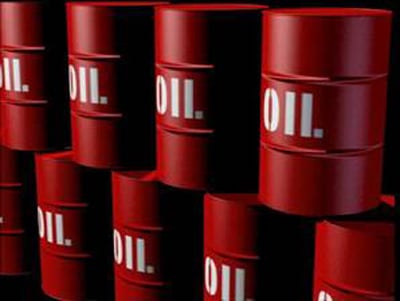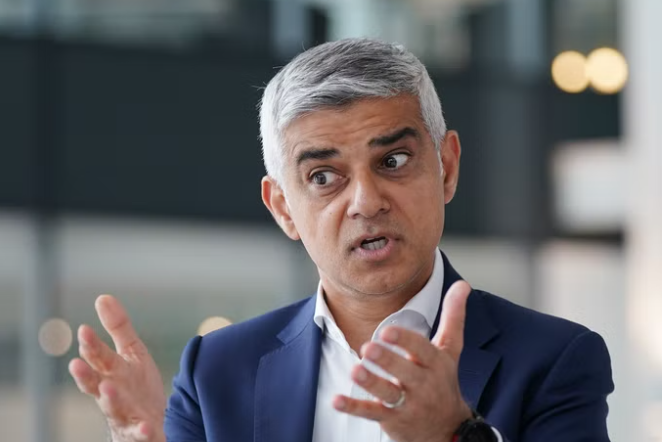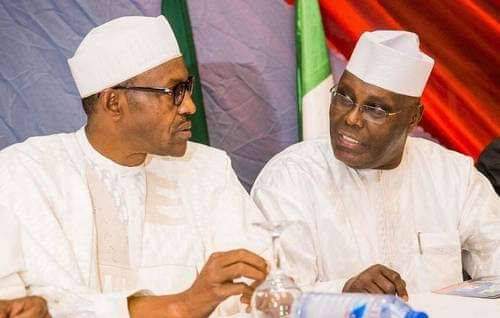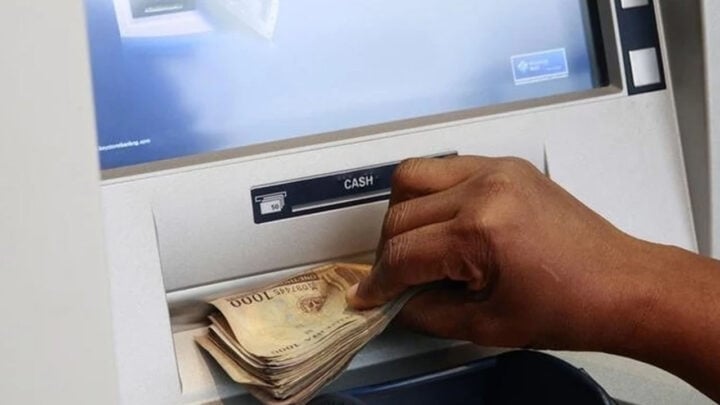Oil prices, on Friday, fell as the market assessed the aftermath of interest rate hikes at central banks.
Brent crude futures fell 2.28 percent to $78.87 per barrel while West Texas Intermediate futures slipped 2.76 percent to $74.01 per barrel.
The development comes as central banks in Europe raised interest rates.
Commenting on the downward trend of the commodity, analysts from ANZ Research told Reuters that tighter monetary policy is already having an impact on industrial activity.
Advertisement
“The prospect of further tightening following hawkish comments from policy makers weighed on sentiments,” the analysts said.
On Thursday, the US Federal Reserve hiked interest rates to a targeted range between 4.25 percent and 4.5 percent, indicating it will raise interest rates further next year.
The Bank of England and the European Central Bank raised interest rates (the same day) to 3.5 percent and 2.5 percent respectively, to fight inflation.
Advertisement
Meanwhile, the International Energy Agency (IEA) raised its 2023 global oil demand growth estimate to 1.7 million barrels per day (bpd).
Analysts from J.P Morgan Commodity Research also expect the United States to start restocking its strategic petroleum reserves in the first quarter of 2023.
“Based on our quarterly projections, this window (for repurchase) will open in first quarter of 2023 with initial purchase of around 60 million barrels over first half of 2023,” they said.
For Nigeria, plummeting crude oil prices means more woes for a country whose oil sector is already battered by theft, sabotage as well as poor production.
Advertisement
The Nigeria Extractive Industries Transparency Initiative (NEITI) said the country lost 619.7 million barrels of crude oil valued at N16.25 trillion ($46.16 billion) from 2009 to 2020.
Temitope Omosuyi, investment strategist, Afrinvest Securities Ltd, told TheCable that it is expected that countries will witness economic slowdown in 2023.
“A major driver is the recent all-round increase in interest rate. It is expected that it will take a full toll on the economy in 2023 in terms of growth,” he said.
“So if we are expecting growth to slow down in 2023, oil prices are also expected to decline or just stay around $50, $60 to $70 a barrel compared to some point this year when we saw over $100 a barrel.”
Advertisement
WHAT LOW PRICES MEAN FOR NIGERIA
Omosuyi said a unique challenge Nigeria’s oil industry was faced with in 2022 was its failure to meet the Organisation of Petroleum Exporting Countries (OPEC) qouta when oil prices were high.
Advertisement
“For next year, what it actually means is that if we are now ramping up oil production, there may be a bit of challenge in terms of maximising oil revenue because oil prices are expected to decline and if we are looking at increasing production so as to maximise revenue, we may not be able to get the best from oil,” he said.
As such, he said oil exports will affected and “it won’t be good for foreign reserves and it will have an effect on the foreign exchange (FX) market”.
Advertisement
Another twist to the issue is that if oil prices are low in 2023, he said OPEC and its allies may want to cut its quota.
“It means even if Nigeria has the leeway to ramp up and address local challenges that have impeded production, but because in 2023, OPEC would want prices to stay somewhat high, they will want to review quota downwards — meaning Nigeria’s capacity will now be limited because of lower oil prices,” he added.
Advertisement
“In the long run, it is not good for the country from the angle of foreign reserves and government fiscal position and FX market.”
Still, in 2023, the country hopes to see less oil theft and more crude oil production.
By mid-2023, Timipre Sylva, minister of petroleum resources, believes the country should be positioned to meet the production quota set by OPEC, as the new Dangote refinery is expected to come on stream in the first quarter of next year.
Add a comment






